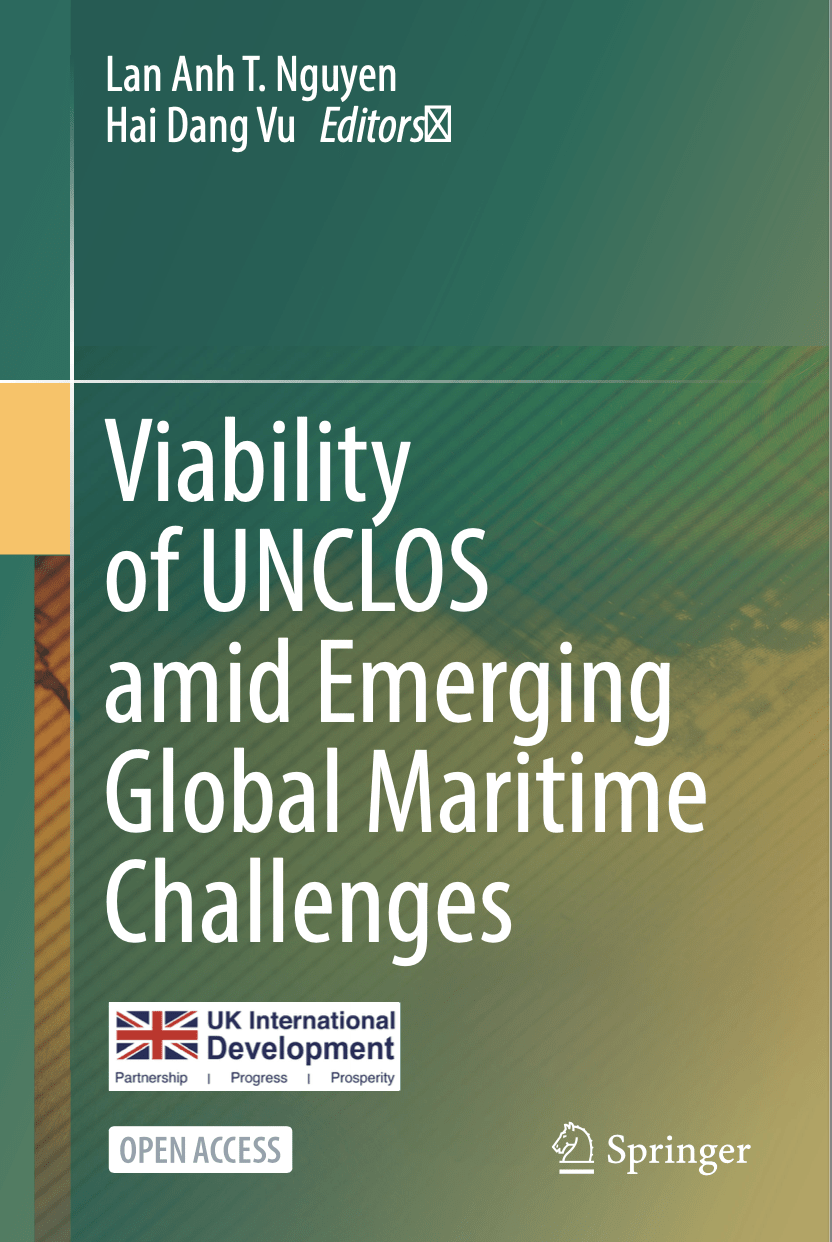Australia’s ‘China-has-changed’ narrative doesn’t explain damagingly bad ties
Cover Image Source: Unsplash
- Global Politics
- Asia-Pacific
The Australia–China relationship has been in the deep doldrums for some time now. Australian commentary pins the blame for the deterioration of bilateral ties on ‘China’s aggressive attempt to expand the domestic authoritarianism of [Chinese] President Xi Jinping into the Indo-Pacific region’. In the dominant narrative the contention that the Australian national security establishment’s sledging transformed China into the enemy gets short shrift. But Australia’s 2020 Defence Strategic Update is more-or-less premised on this reading of China.
President Xi has been a polarising political conservative and an underwhelming economic reformer. He has exploited China’s deep pockets to acquire influence and technologies by all available means. His intonations on neighbourhood diplomacy ring hollow, having failed to stitch up even a middling fishing rights agreement after eight years of unrivalled power. And at the first hint of regional tension, his military and coast guard inject themselves into disputed territories with the tedious regularity that North Korean leader Kim Jong-un launches missiles.
On the substantive issues that have eroded Australia–China ties — the Australian foreign interference law, the banning of Huawei from Australia’s 5G network and the COVID-19 origins inquiry — Canberra’s choices were not without merit. New Zealand Prime Minister Jacinda Ardern’s government arrived at similar conclusions, albeit without the diplomatic insults. Besides, China, which brooks no foreign interference in its domestic processes, would never have allowed a foreign vendor at the core of its telecoms network, and came around to supporting the COVID-19 origins inquiry at the World Health Assembly.
But has China truly changed under Xi? And does China really intend to project its domestic authoritarianism into the Indo-Pacific?
On territorial issues, China has always treated military pressure, within limits, as a continuation of diplomacy by other means. Beijing has typically eschewed formal protest notes to militarily marking out its diplomatic position. This was seen through its assertive measures in Vietnam’s exclusive economic zone in 2007, its pressure tactics in India’s Sikkim Himalayas in 2008 and presence marking operations near Japan’s Senkaku/Daioyu islands during the 2012 nationalisation controversy.
Since 2013, Xi has ratcheted up the application of military muscle within this inherited ‘grey-zone’ tactical playbook. Yet his measures lack the policy innovation of former Chinese President Hu Jintao. These include the promulgation of the Taiwan anti-secession law in 2005, the conceptual definition of ‘core interests’ and formal assertion of the ‘Nine-Dash Line’ in 2009, or the outright dislodgement of a counterpart from a disputed feature (Scarborough Shoal) in the South China Sea in 2012. Xi’s record — even accounting for his artificial island-building spree — is almost status-quo-ist compared to his supposedly ‘geo-strategically benign’ predecessor.
The continuity is starker on economics, besides Xi’s state sector recentralisation, notwithstanding. Just as Hu began to eliminate China’s large current account surplus and revalued the renminbi, under Western pressure, Xi began to eliminate forced technology transfer requirements and overhauled China’s IP regime. Over the next half decade, the reform of China’s industrial subsidies regime will also be tackled under external duress. China continues to liberalise, but not politically — where, contrary to Western preference, there has been significant regression.
Should Beijing have its way, the four-decade-long period with no major or limited war dating back to the beginning of reform and opening-up will persist for the next quarter century. China has not fundamentally changed. But the core proposition on which the West’s primacy has rested — that it could meet the strategic challenge of the day from a position of strength — that is changing. The assumption that it would in ways the West wanted were naive.
Australia’s ties with China may revert to a new and diminished mean. But in its haste to confirm Beijing as an adversary, Canberra has forfeited the asset of agency.
Australia could speak ‘truth to power’ in Washington, having fought in every US war of the 20th century. Given its shared Anglo heritage, Australia was among the few countries that China was willing to court to project a certain reasonableness of purpose in Washington. Canberra could have walked and chewed gum, ‘continually identifying, and advocating … the shared strategic interests these great powers have in regional peace and prosperity’. The false choice of trading submission for security could be transcended.
Instead, today Australia is that rare Indo-Pacific country that does not share an unsettled land or maritime border with China, yet has terrible relations with China. The rebirth of the security versus economics trade off in an advanced manufacturing-based strategic trading order does not play to Australia’s advantages. As it ‘emotionally [re]entangles in the apron-strings’ of the US alliance system with its resurrected ‘forward-defence’ posture, Canberra will be treated less as a valued country in its own right by Beijing and more as an unvarying function of the larger calculus of relations with Washington.
This commentary was originally published on East Asia Forum on August 28, 2021.





Diverging Currents: U.S.–China Strategies on Deep Seabed Mining and the Future of Ocean Governance